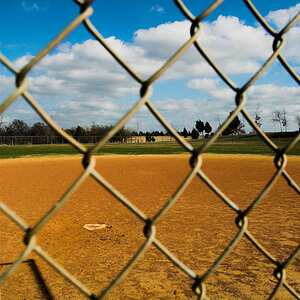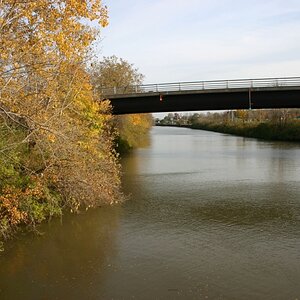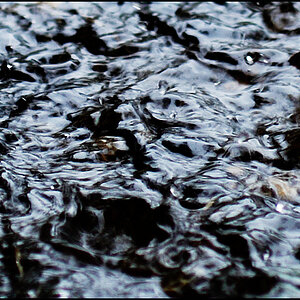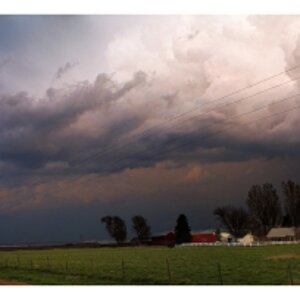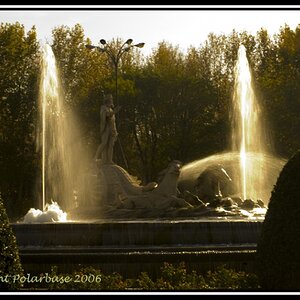fotomumma09
TPF Noob!
- Joined
- Dec 29, 2011
- Messages
- 274
- Reaction score
- 33
- Can others edit my Photos
- Photos OK to edit
So, I'm really wanting to get into photography professionally and I know it'll take years to build my business, but I'm in need to a body update. I have an a200. If I'm going to start building my accessories/lenses I'll need to make the switch now. Any pro Sony users out there? Or should I look into Nikon or Canon?


![[No title]](/data/xfmg/thumbnail/37/37108-62307f01c11ef92f5655ed4501d565ce.jpg?1619737882)
![[No title]](/data/xfmg/thumbnail/35/35952-55c8d42ec1c6ff0e13b45356cbf9c068.jpg?1619737263)
![[No title]](/data/xfmg/thumbnail/33/33439-7bb5d8a4a88131e09c082764dcb77a40.jpg?1619735969)
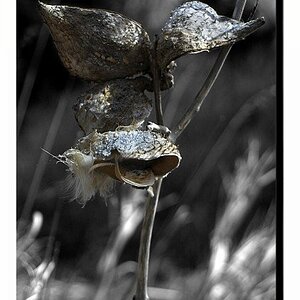
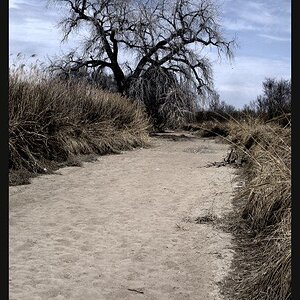
![[No title]](/data/xfmg/thumbnail/33/33436-1304fb294d2141a65ae8309383a3e52a.jpg?1619735968)
![[No title]](/data/xfmg/thumbnail/40/40301-fa48a5125a6849a0a400dff1599c4b30.jpg?1619739412)
